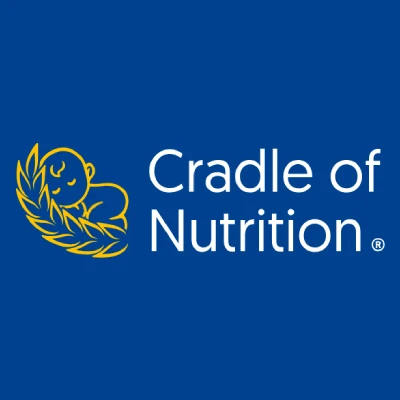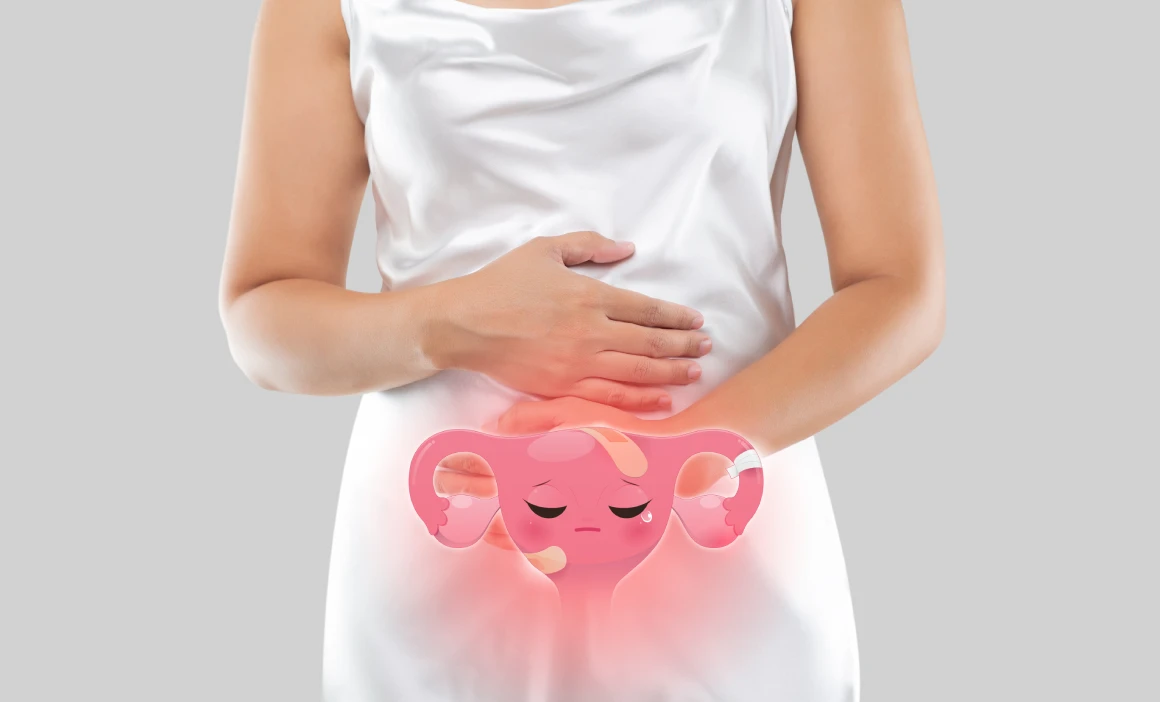
Male Fertility, Testosterone & Sperm Health: Hidden Factors You Should Know

Cradle of Nutrition
- 2 minutes read
Male fertility is influenced by more than just sperm count. Hormones, oxidative stress, sleep, exercise, and even body temperature play crucial roles. Many of these factors are often overlooked, yet they can make a significant difference. In this article, we explore scientifically-backed hidden factors that can help optimize male reproductive health.
1. Micronutrients and Sperm DNA Integrity
- Zinc and selenium stabilize sperm membranes and reduce DNA fragmentation.
- Deficiencies can negatively affect sperm quality and early embryo development.
Selenium and Zinc Effects on Sperm DNA Integrity↗
2. Heat Exposure and Sperm Quality
- Sperm production is optimal 2–4°C below body temperature.
- Prolonged heat from laptops, tight underwear, or hot baths can reduce sperm count, motility, and DNA quality.
Heat Stress and Male Fertility↗
3. Sleep and Hormonal Regulation
- Testosterone peaks during deep sleep.
- Disrupted or insufficient sleep may reduce testosterone levels by 15–20%, impacting sperm quality.
4. Oxidative Stress and Antioxidants
- Free radicals damage sperm DNA, causing infertility.
- Antioxidants like vitamins C and E neutralize oxidative stress, supporting sperm health.
Oxidative Stress and Male Reproductive Health↗
5. Exercise: Optimal Balance
- Moderate-intensity exercise lowers oxidative stress and inflammation.
- Overtraining may increase oxidative stress and negatively affect sperm.
- Prefer strength training with explosive movements combined with moderate cardio.
The impact of physical exercise of male fertility↗
6. Environmental Toxins and Hormonal Disruption
- Endocrine-disrupting chemicals (BPA, phthalates) can lower testosterone and reduce sperm quality.
- Minimize plastic use and exposure to chemicals.
Endocrine disrupting chemicals and male fertility↗
7. Practical Tips for Daily Life
- Exercise regularly: 3–4 sessions per week, include strength and explosive movements.
- Maintain healthy weight: Obesity can lower testosterone and sperm quality.
- Avoid smoking & excessive alcohol: These damage sperm DNA.
- Limit exposure to toxins: Choose BPA-free products.
- Prioritize sleep: 7–9 hours of quality sleep.
- Eat antioxidant-rich foods: Fruits, vegetables, nuts, include zinc, selenium, omega-3.
- Avoid heat exposure to testes: Limit laptops on lap, tight underwear.
- Time your workouts: Morning or early afternoon for hormonal benefits.
For additional insights on small but important fertility factors affecting both women and men, see The hidden micro-factors of fertility: insights for women and men.
✅ Conclusion
Male fertility is influenced by hormonal balance, lifestyle, environment, and micronutrients. By understanding these hidden factors, men can significantly improve reproductive health and increase the likelihood of successful conception.
By Erika Barabás






